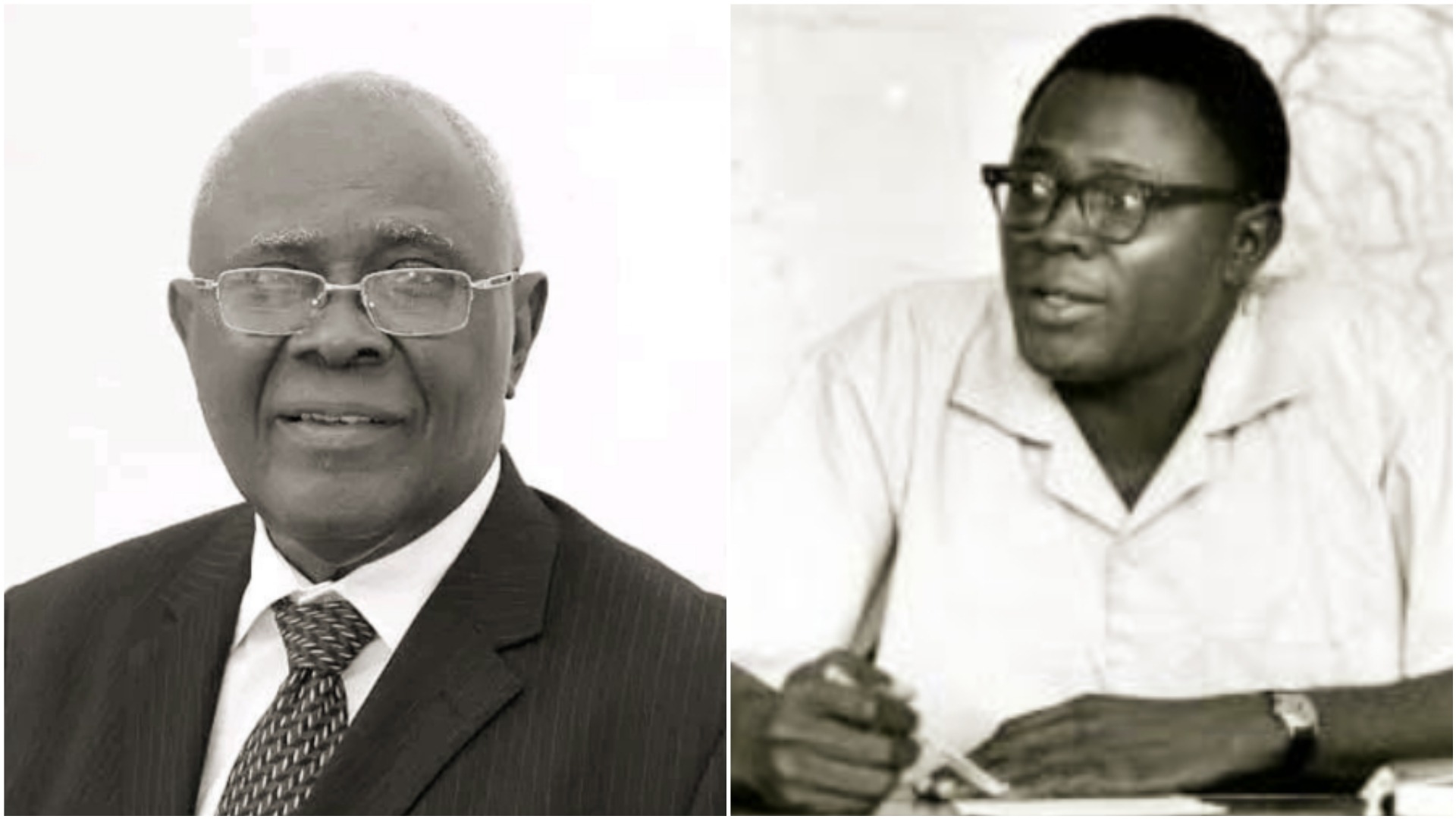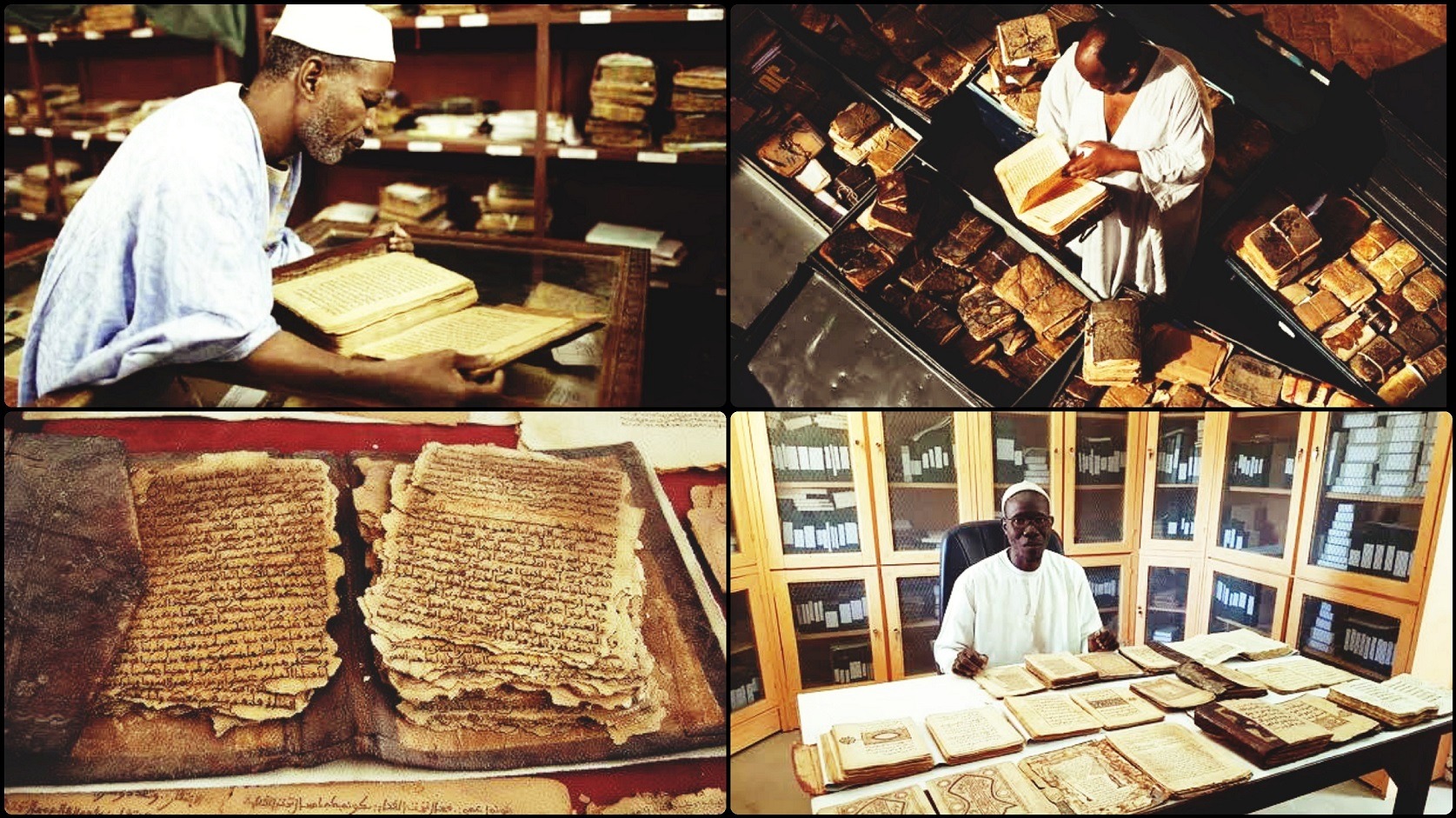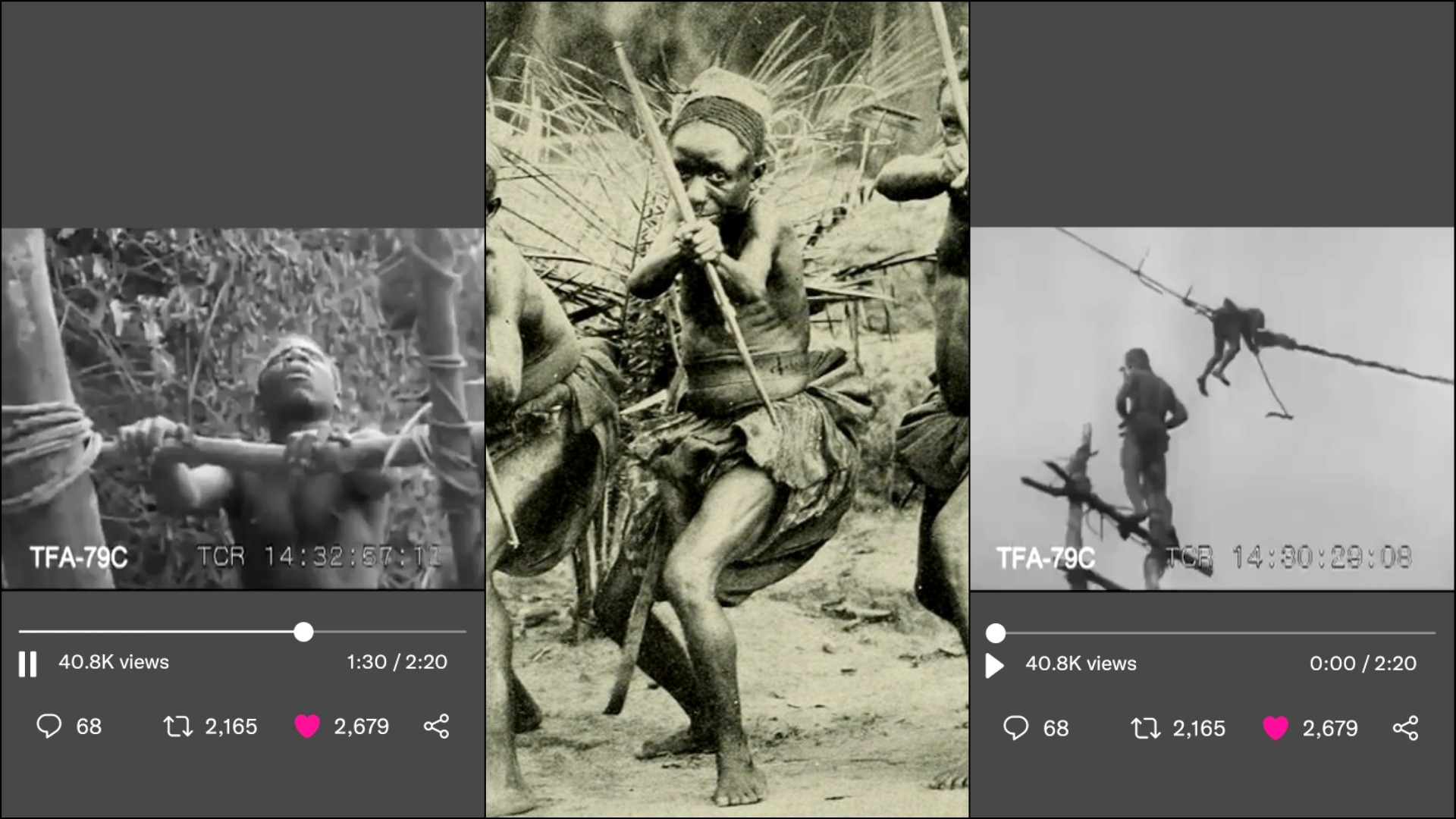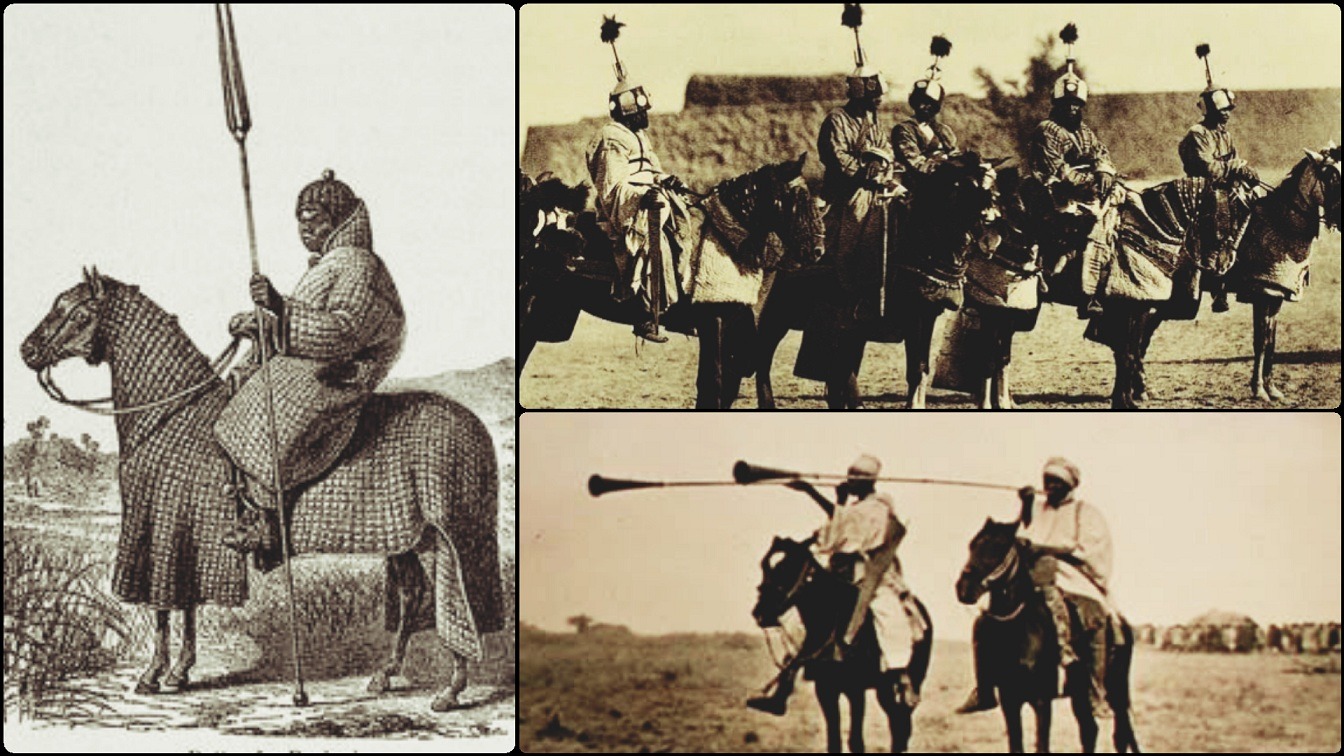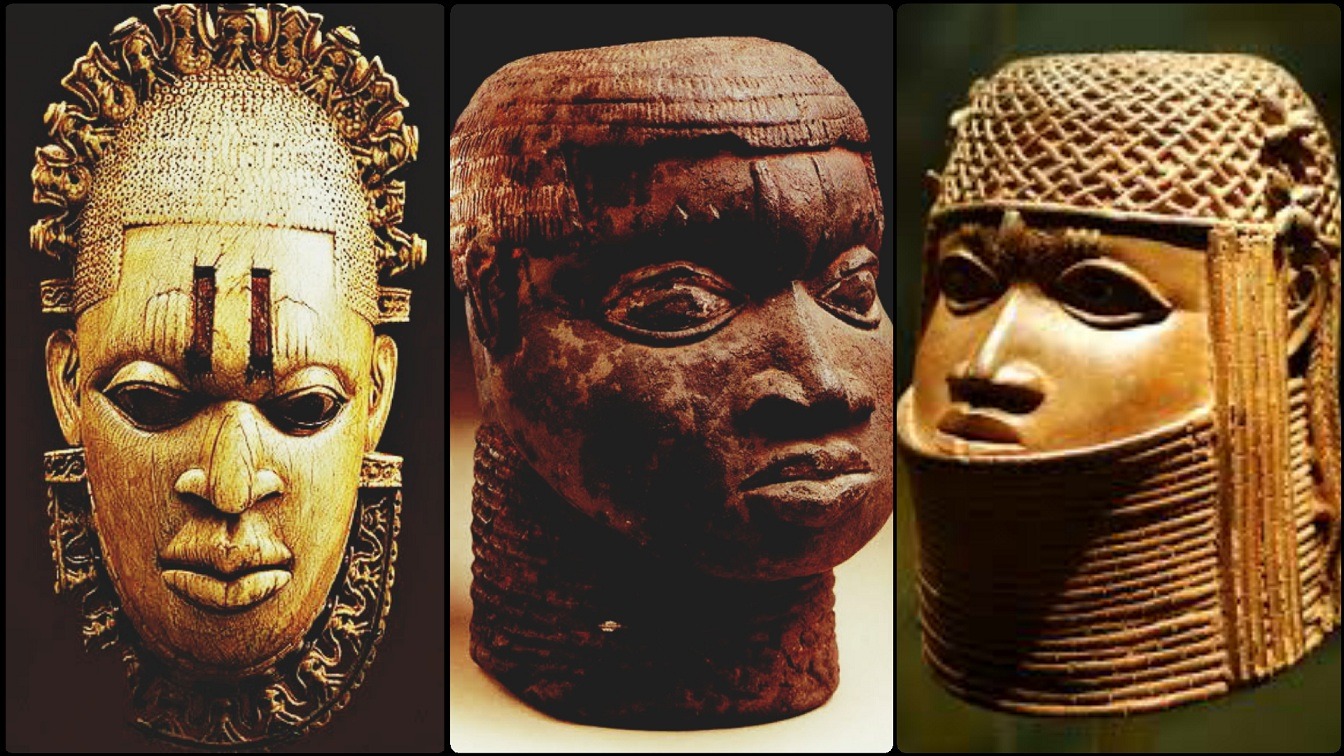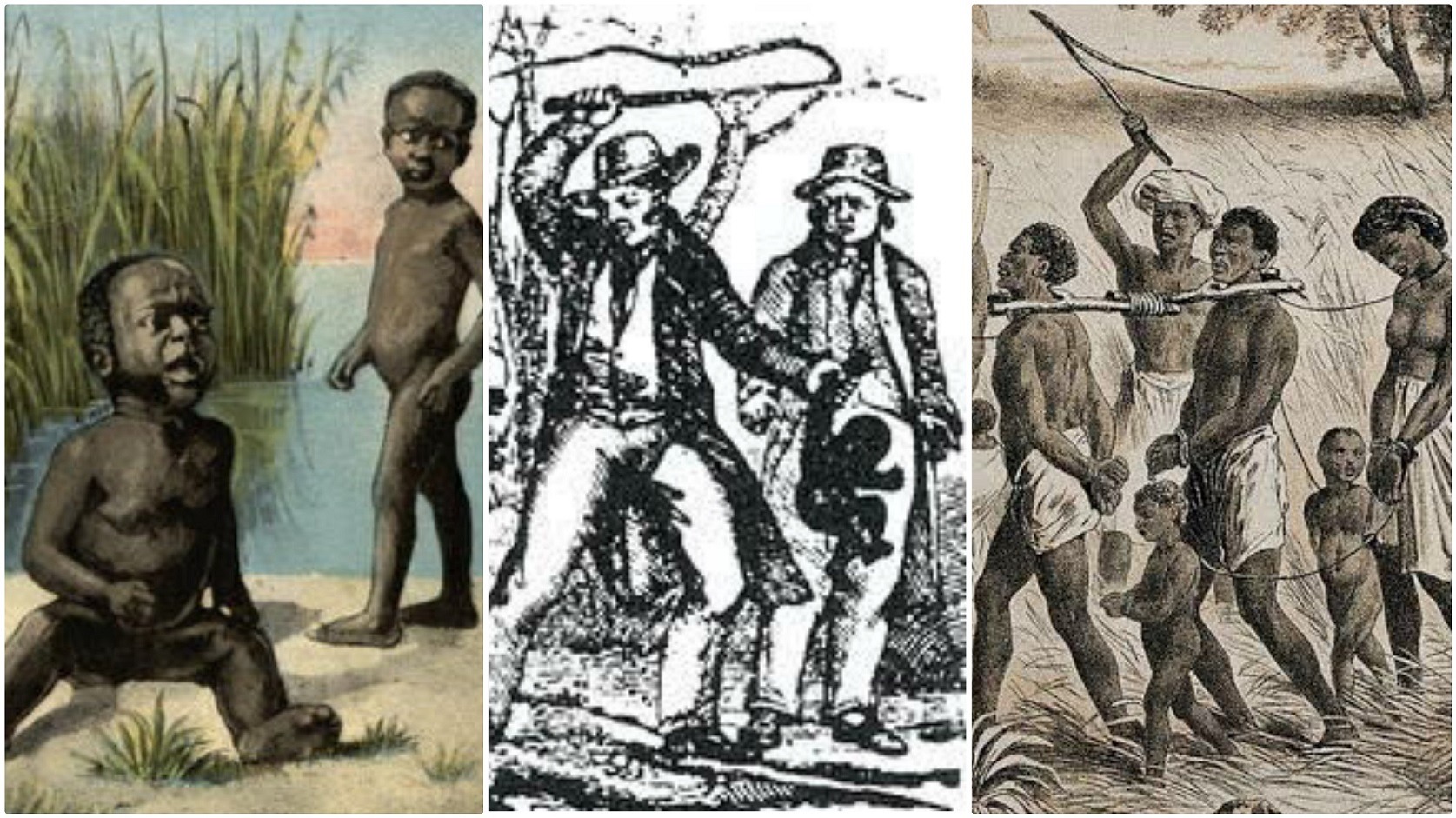African urbanization scholars, everyday Nigerians, and policymakers have a responsibility to do more than just honor the man who pioneered modern building regulations. The African continent has a responsibility to Akin Mabogunje to work toward his goal of creating truly welcoming urban environments.
In Kano State on October 18th, 1931, Professor Akinlawon Ladipo “Akin” Mabogunje entered this world. He specialized in geography and was from Nigeria.
He made history as the first African to lead the International Geographical Union. In 1999, he made history by becoming the first African to be inducted as a Foreign Associate of the U.S. National Academy of Sciences. In 2017, he became a Foreign Honorary Member of the American Academy of Arts and Sciences and was honored with the Vautrin Lud Prize.
Prof. Akin Mabogunje finished his secondary education in 1948 by earning a diploma from Ibadan Grammar School. Now it was clear that he was a geographical whiz. After receiving his Ph.D. in Geography from London University in 1961, he became the first professor of geography at Nigeria’s University of Ibadan the following year.
He has written for a wide variety of national and international publications, including book chapters, journals, conference papers, solicited papers, research papers, books, and memoirs.
Nigerian Urbanization (1968)
Prof. Akin Mabogunje conducted a seminal research project on the emergence of Nigerian cities. A good chunk of it was developed during his 1963 visiting scholar stint at Northwestern University in the United States, but it also included material from his doctoral dissertation.
The book provided an interesting look at the pre- and post-colonial development of urban areas in Nigeria. From an African perspective, it also offered solutions to urbanization’s problems. Before colonization, it explained how urbanization spread across northern and southern Nigeria in the early 1960s. It described the effects of colonial regulations on urban planning.
Mabogunje argues in his book that the presence of experts alone is insufficient to propel urbanization.
And he was completely forthright in his writing. In his book Urbanization in Nigeria, he painted a picture of the streets of Ibadan and Lagos that was at once charming and moving. His goal was to take the reader on a journey through time so that they could fully grasp the permanency of the issues still plaguing those cities today.
Additional relics
It’s clear that Prof. Akin Mabogunje’s impact extends far beyond the bounds of his seminal book.
Educating politicians and bureaucrats on the potential impact and shaping of research institutes on policy, he offered consulting services for urban and regional development to the federal government of Nigeria and numerous states.
He also laid the groundwork for what would become Nigeria’s thriving construction sector. Through his efforts, institutions like the Federal Mortgage Bank of Nigeria were founded.
With his guidance as chairman of the Presidential Technical Committee on Housing and Urban Development, the Nigerian Real Estate Developers Association was founded the following year, in 2002.
While working as an advisor to the Federal Capital Development Authority from 1976 to 1984, he played a pivotal role in the planning and design of Abuja, Nigeria’s capital city.
Awards
Among the many awards he has won, the Vautrin-Lud Prize in 2017 made him history as the first African to take home the prize. The prize is universally regarded as geography’s highest accolade.
On the occasion of Mabogunje’s 90th birthday in 2021, President Muhammadu Buhari lauded him for the contributions he had made to the nation’s infrastructure, economic development, and population makeup. Mr. Buhari claims that the Federal Capital Development Authority and the National Census Board used the professor’s book, “Urbanization of Nigeria,” as a resource.
In August of 2022, Professor Mabogunje passed away. His age was given as 90.
This article was originally published on Face2FaceAfrica.com
